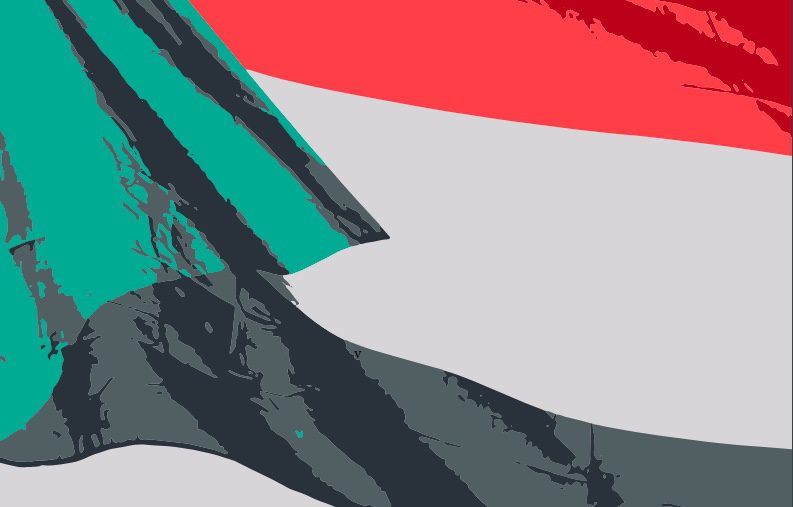
12 October 2022 – Against a backdrop of rising tuberculosis (TB) incidence rates – from 40 cases per 100 000 in 2019 to 59 per 100 000 in 2021 – Libya has taken action to ensure migrants can access life-saving TB services.
In January 2020, a new project began offering TB services through outreach activities. Migrants displaying TB symptoms are offered diagnostic services through mobile clinics and to date more than 40 000 presumptive TB patients among the migrant population have been screened for TB.
Morocco is developing new strategies to ensure that people with cancer get palliative care. Mobile palliative care units are now delivering in-home services to bedridden people in eight provinces. Two new hospital-based palliative care units with specialized equipment have been established at regional oncology centres in Agadir and Beni Mellal and in-depth online training has been launched to expand the pool of health professionals delivering pain treatment.
Oman’ s Central Public Health Laboratories (CPHL) have gained a crucial new role in global health after being designated a WHO Collaborating Centre. Collaborating Centres are institutions such as universities, hospitals and research facilities that carry out activities to support WHO programmes, and CPHL is the first institution in the Region to become a Collaborating Centre in the field of emerging and re-emerging pathogens. Transforming hospital sector
In Pakistan , strong commitment to increasing measles vaccine coverage has brought life-preserving health care to society’s youngest members.
Despite the availability of a safe and effective vaccine, measles has been endemic in Pakistan for decades. While vaccination rates had risen over the last two decades they remained well below the >95% coverage rate needed. Then, in November 2021, Pakistan launched a two-week national campaign targeting children between nine months and 15 years old. More than 386 000 health professionals, including 73 651 vaccinators and nearly 150 000 social mobilizers, were enlisted to carry out the campaign and Pakistan vaccinated 94 million children against measles in just two weeks.
Delivering secondary health care in the context of occupation is an ongoing challenge, though it is not stopping Palestine from transforming its hospital sector and accelerating progress towards universal health coverage. A new National Hospital Strategy and Hospital Master Plan are being developed based on the WHO regional framework for action in the hospital sector with the aim of reconfiguring services through a person-centred lens.
Referral pathways between primary and secondary health care are being strengthened to create an integrated system, and hospitals are being more deeply embedded within the communities they serve.
The new approach is set to benefit at least 53 hospitals in the West Bank and at least 34 in the Gaza Strip, which between them handle around 730 000 patient admissions each year.












